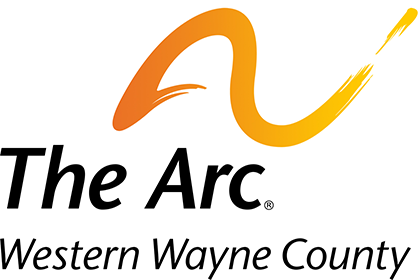Supplemental Security Income, or SSI, is a federal program that provides monthly cash payments to people who are age 65 or older, people who are blind, or people who have a disability, and who have little or no resources or income. A child who is disabled or blind as well as an adult may be eligible for SSI. The age of a person who is blind or disabled makes no difference.
Your first SSI payment is made for the first full month after you apply. The amount may not be the same every month. The amount depends on your other income and living arrangements. You will be notified of any changes in the amount of your payment. Your SSI benefit will increase each year in an attempt to keep up with the cost of living. These increases generally will be in your January payment, which you will receive at the end of December.
In addition to cash payments, you may be eligible for other services if you are a SSI recipient. If you receive SSI, you are also eligible for Medicaid, which can pay for health care expenses. You may also be eligible for services from The Michigan Department of Human Services, which include adult home help funds and food stamps. There is additional information on these services on The Take Charge Helpline. The Social Security Administration can help you apply for these services as well as SSI.
If you have questions about Supplemental Security Income, you can call the Social Security Administration at 800-772-1213, visit them online at www.ssa.gov.
Phone code: 1304

Recent Comments